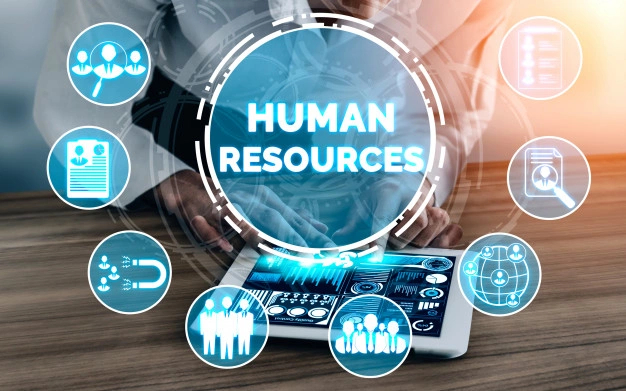Resource management is the process by which businesses manage their various resources effectively. Those resources can be intangible – people and time – and tangible – equipment, materials, and finances.
Those resources can be intangible – people and time – and tangible – equipment, materials, and finances.
It involves planning so that the right resources are assigned to the right tasks. Managing resources involves schedules and budgets for people, projects, equipment, and supplies.
While it is often used in reference to project management, it applies to many other areas of business management. A small business, in particular, will pay attention to resource management in a number of areas, including:
Why is effective resource management important?
Resource management as part of project management is all about doing more with less. Nobody likes waste, especially in business. Resource management is centred around optimization and efficiency. When you know what you need to make a project successful, you can effectively understand how to plan resources in an efficient way.
When you know what you need to make a project successful, you can effectively understand how to plan resources in an efficient way.
To some companies, optimum efficiency is so important that they hire someone solely devoted to resource management; also known as a resource manager. What does a resource manager do? While project managers are responsible for creating and assigning tasks to get the project done, resource managers are accountable for allocating the resources needed to make the project a success.
What are the advantages to resource management?
Resource management requires a thorough understanding of and transparency into your objectives and capacity. By establishing a good process for resource management planning, you’re maximizing efficiency and overseeing the utilization of those resources.
Avoids unforeseen hiccups
Prevents burnout
Builds transparency
Measures efficiency
Provides a safety net
We feel that this specialist part of HR is often unrecognized for its contribution to the profitability and success of a business growth & marketing. We believe in success of our business in the world.

